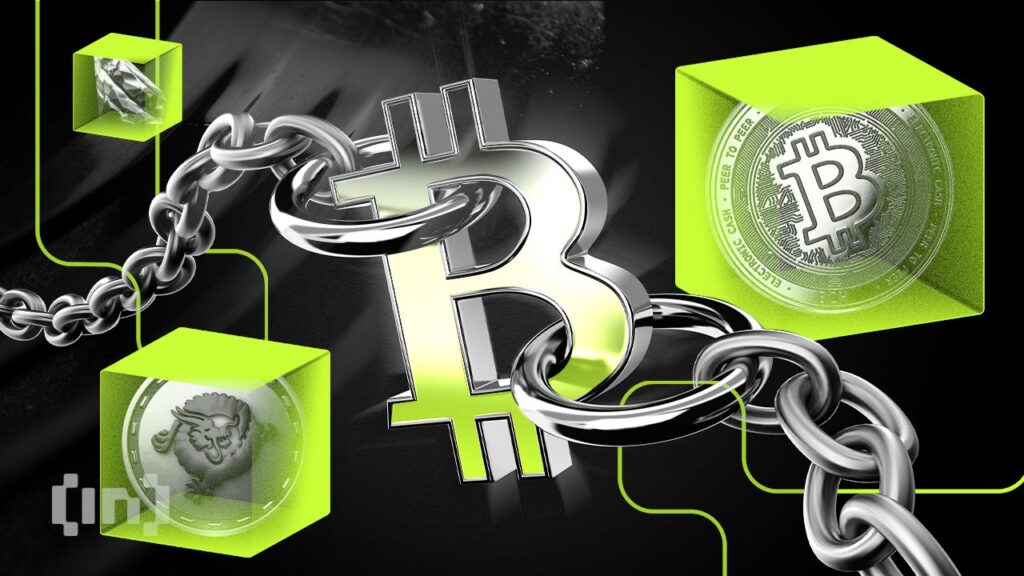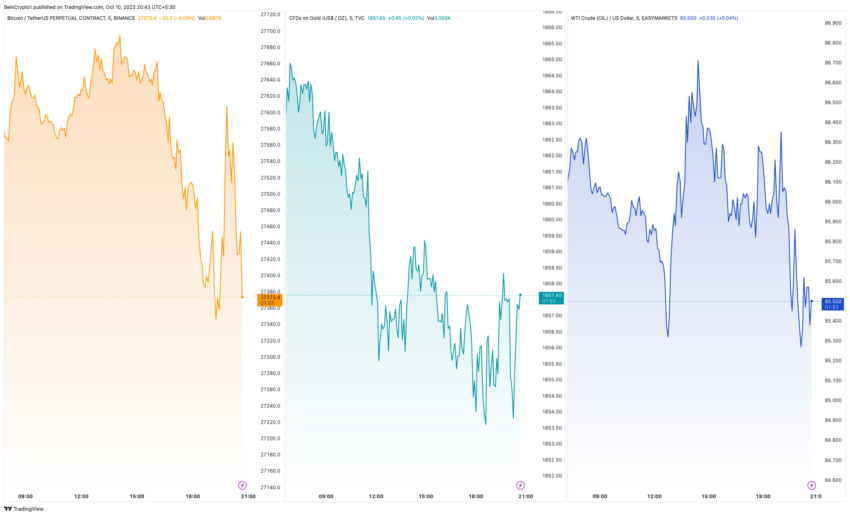Is Bitcoin a financial alternative?

Digital transactions are steadily disrupting financial transactions, and PayPal has emerged as a behemoth in facilitating seamless global transactions. However, not all states are comfortable with this massive offering of digital payments.
Among those excluded are the Palestinians, a ban that has recently come under scrutiny. In fact, PayPal's refusal to serve Palestinians while offering Israeli settlements has sparked discussions about financial discrimination.
Is Bitcoin the solution to PayPal bias?
During PayPal's annual general meeting in May 2023, Palestinian-American businessman Sam Bahour proposed to revise this policy. The letter advocates new legislation to prevent discrimination against individuals in conflict zones by the world's leading digital payment providers, which has received support from 12 members of the United States Congress.
“As one of the world's most popular payment platforms, it has a responsibility to ensure that its services and practices are provided in a non-discriminatory manner and in accordance with the UN Trade and Human Rights Guidelines,” the letter reads.
Still, the proposal was rejected, focusing on the financing gap in Palestine's growing software development and e-commerce sector.
This isolation has shifted the focus to Bitcoin, a decentralized cryptocurrency, as an alternative. Max Keizer, co-host of RT's Keizer Report, spoke in 2013 about the benefits of Bitcoin adoption in shaping Palestine's financial system.
“Bitcoin, like the spiritual leaders who came before it in the Middle-Eastern desert, is a miraculous gift to transform the oppressed and forgotten people. The Palestinian economy is a multi-billion dollar economy that unfortunately mostly benefits foreigners. But if Bitcoin is adopted as a legal currency, Palestinians will be able to shape their own economic destiny.” They could make their sovereign destiny,” Kaiser said.
Meanwhile, Palestinian activist Fadi El-Salamin recently emphasized how Bitcoin is the only means of sending money to Palestine. It helped him overcome high bank fees and government policies, especially after the recent conflict.
“Bitcoin solves the issues of high bank or transfer fees or extreme and invasive government raids and unfair treatment of Palestinians by international financial institutions like PayPal,” Elsalameen said.
However, the skepticism surrounding cryptocurrencies goes a long way in preventing rapid adoption of Bitcoin in the region.
The role of cryptocurrencies in conflict zones
The digital payment crisis in Palestine reflects a global trend where cryptocurrencies are gaining ground, especially in conflict zones. According to Chainalysis, a blockchain analysis organization, this trend of the Russian-Ukrainian war, where crypto facilitated financial assistance to different factions.
“For emerging markets like Ukraine, cryptocurrencies have the potential to act as a secure store of value, reduce cross-border transaction costs, and increase financial freedom. In addition to aiding the war effort, cryptocurrency donations can increase adoption and bolster war-torn economies,” the report read.
The decentralized nature of cryptocurrencies provides a unique advantage in conflict zones – enabling faster, smaller transactions, targeted support for specific needs.
In contrast, the Israeli-Palestinian conflict presents a unique situation with deep-rooted historical, religious, and geopolitical challenges.
Hamas' control over Palestine adds to the complexity of cryptocurrency adoption. Especially after the Israeli police cyber unit Lahav 443 froze cryptocurrency accounts allegedly used by the militant group for fundraising.
The statement said: “The Cyber Unit of the Israel Police, in cooperation with the Ministry of Defense, the Israel Security Agency and other national intelligence agencies, successfully blocked cryptocurrency accounts used by Hamas to fund their activities.”
Still, the functionality of cryptocurrencies goes beyond donations. As seen in the recent Israeli-Palestinian conflict, Bitcoin prices have remained stable despite geopolitical unrest, unlike traditional commodities such as gold and oil, which have reacted strongly.
Read more: Israel's Web3 Community Establishes Crypto Aid Fund for Humanitarian Aid

As Bitcoin continues to grow, it may gradually become a trusted payment method in Palestine. For now, it offers an alternative to PayPal, an escape from the heavy fees associated with global financial services expanding in the Middle East.
Disclaimer
Adhering to the Trust Project guidelines, BeInCrypto is committed to unbiased, transparent reporting. This news report aims to provide accurate and up-to-date information. However, readers are advised to independently verify facts and consult with professionals before making any decisions based on this content.













